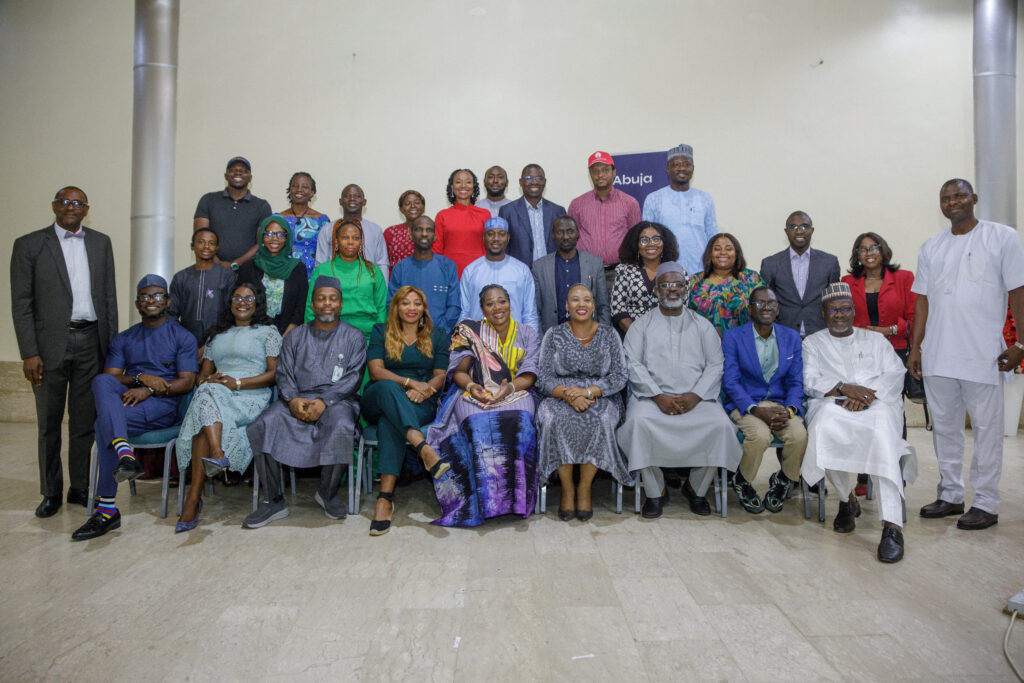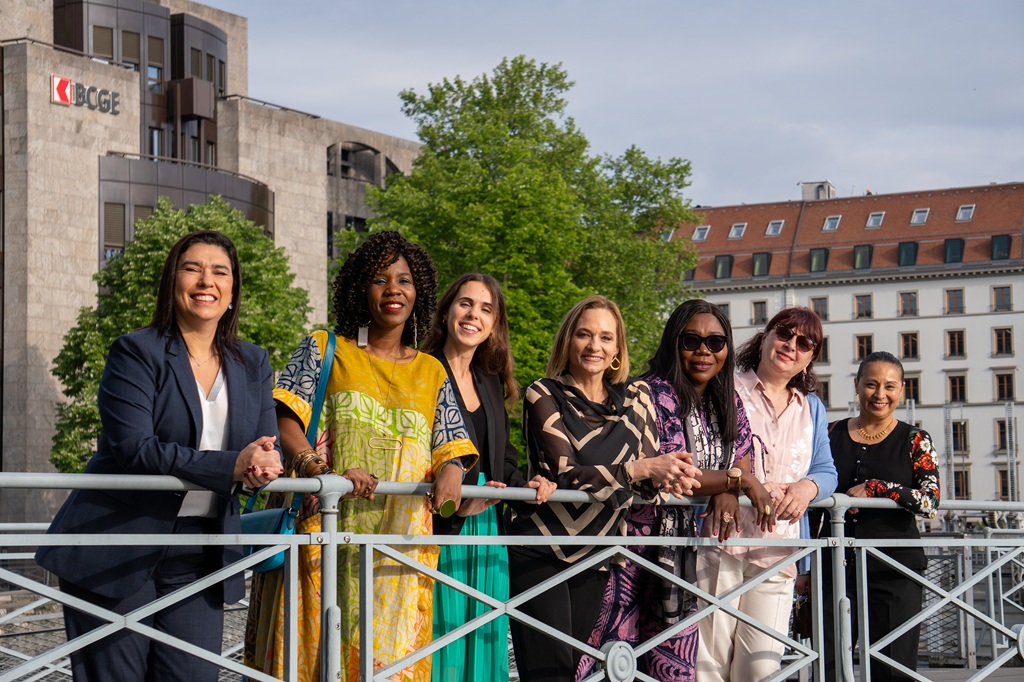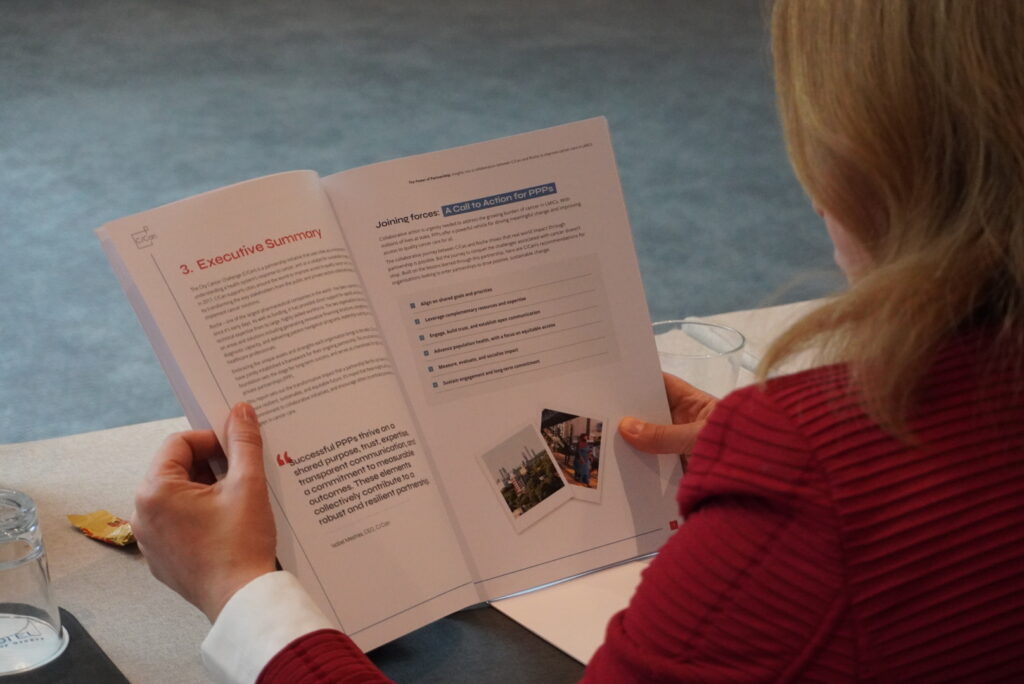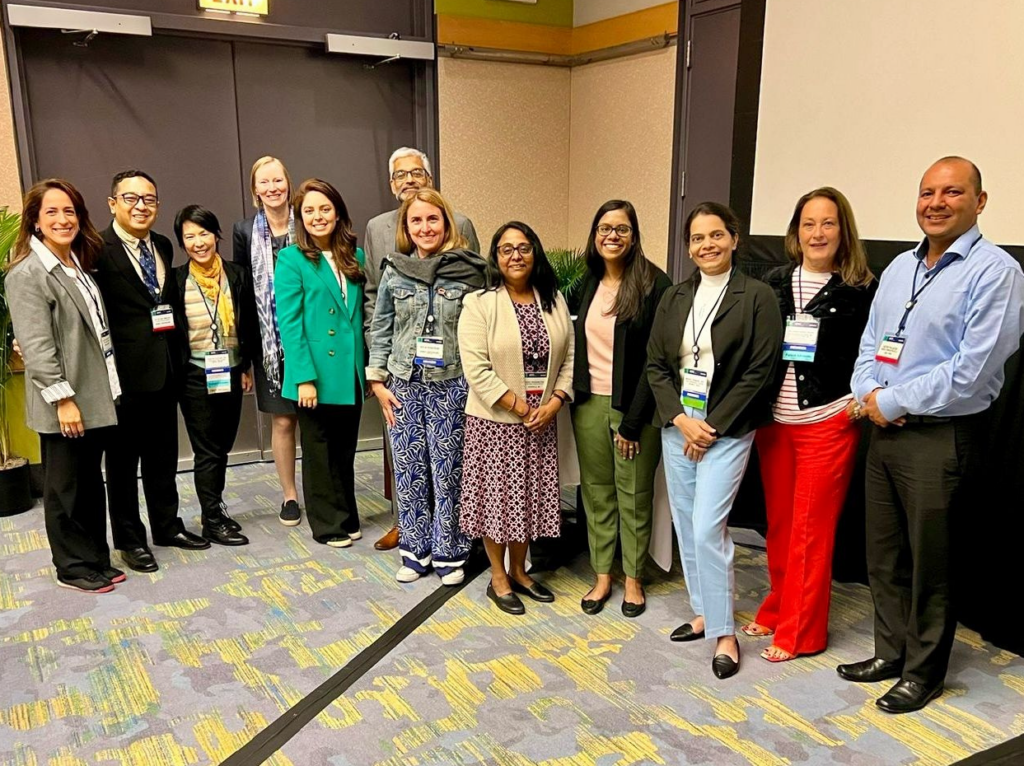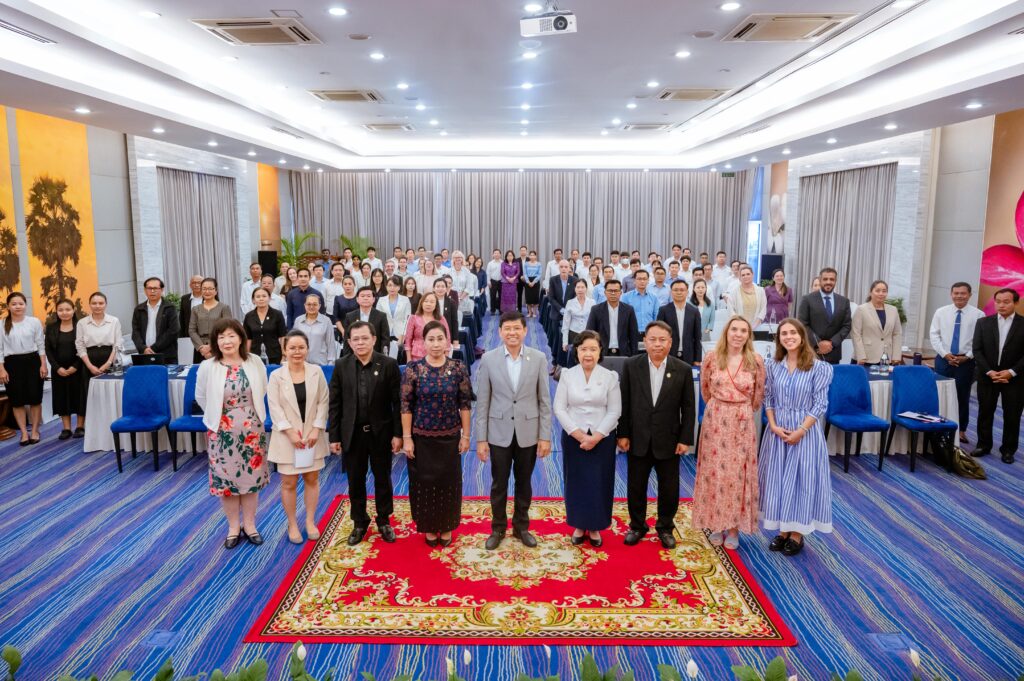
On 12 April, an engagement workshop was held in Rosario, Argentina, where 80 city stakeholders officially launched the start of the C/Can process and began the nomination process to elect the organisations to serve on the City Executive Committee (CEC). The CEC, representing leading organisations in health and cancer care across the city, region and country, is the engine and driving force behind the C/Can city initiative.
While C/Can is a global effort, we recognise that strong local leadership is absolutely critical for the initiative’s success in each city,” notes Dr. Maria Fernanda Navarro, C/Can’s Regional Director for Latin America. “The CEC has the authority and convening power needed to drive the initiative forward in their respective cities.
Historically, local stakeholders have been an untapped source of leadership in global public health. Their deeper understanding of the unique challenges and opportunities within their cities can guide solutions that are more aligned with existing initiatives while they are ideally positioned to mobilise and sustain engagement with stakeholders during the C/Can process and beyond.
Unlocking the Power of Local Leadership
With the support of C/Can, the CEC acts as the primary decision-making and governing body responsible for setting priorities and objectives, refining actions, and overseeing the implementation of activities.
They’re really at the heart of the C/Can city initiative – guiding the process from the data collection phase, known as the needs assessment, to national scale-up and long-term sustainability,” explains Sophie Bussman-Kemjo, Regional Director for Africa and Europe.
From the outset, an extensive stakeholder mapping plays a crucial role in identifying relevant stakeholders, champions, and early adopters of the initiative across sectors, who are ideally positioned to serve on the CEC. This ensures that the CEC acts as an inclusive platform, facilitating multi-sectoral cooperation and collaboration. By uniting policy and decision-makers, civil society leaders, hospital administrators, and cancer care experts, the CEC fosters an enabling environment that can address the complex challenges of cancer care at the local level.
Sonia Martorano, Regional Health Minister for Santa Fe emphasised the significance of this inclusive approach:
This collective approach means that we can tap into each other’s networks, influence, resources, and expertise to make a real difference. For many of us, the CEC represents the first time we will be in the same room, working together on the same goals. That is powerful.
Fostering Partnerships and Collaborations
The CEC’s ability to foster partnerships and collaborations is a key component of its success.
Gela Chiviashvili, Head of Municipal Department of Healthcare and Social Services and chair of the CEC in Tbilisi, believes that
the most effective local leaders are those who can collaborate and build strong partnerships. We all understand that we can’t do this alone.
Such collaborations make possible the exchange of best practices, resources, and insights, paving the way for innovative, locally-tailored solutions that address the unique challenges of the city.
Promoting Sustainability
Local leadership is essential in promoting the sustainability of the city initiative. In collaboration with sustainability partners, the CEC designs a long-term city sustainability plan, ensuring local ownership, accountability, and integration of projects, processes, and partners into the local healthcare system.
To further strengthen this approach, C/Can supports CECs to conduct sustainability assessments that examine the factors that influence sustainability, assess the city’s capacity, and develop plans that maximise sustained impact in the long run.
In Cali, Colombia, a local leadership committee of 250 stakeholders, including former CEC members, is committed to sustaining efforts and scaling up solutions to other cities.
Local leaders are making a real difference, not just at the city level,” observes Dr Navarro. “Their impact can be felt across the country and even beyond national borders, as they inspire and support other cities in adopting similar approaches to address pressing cancer care challenges.

